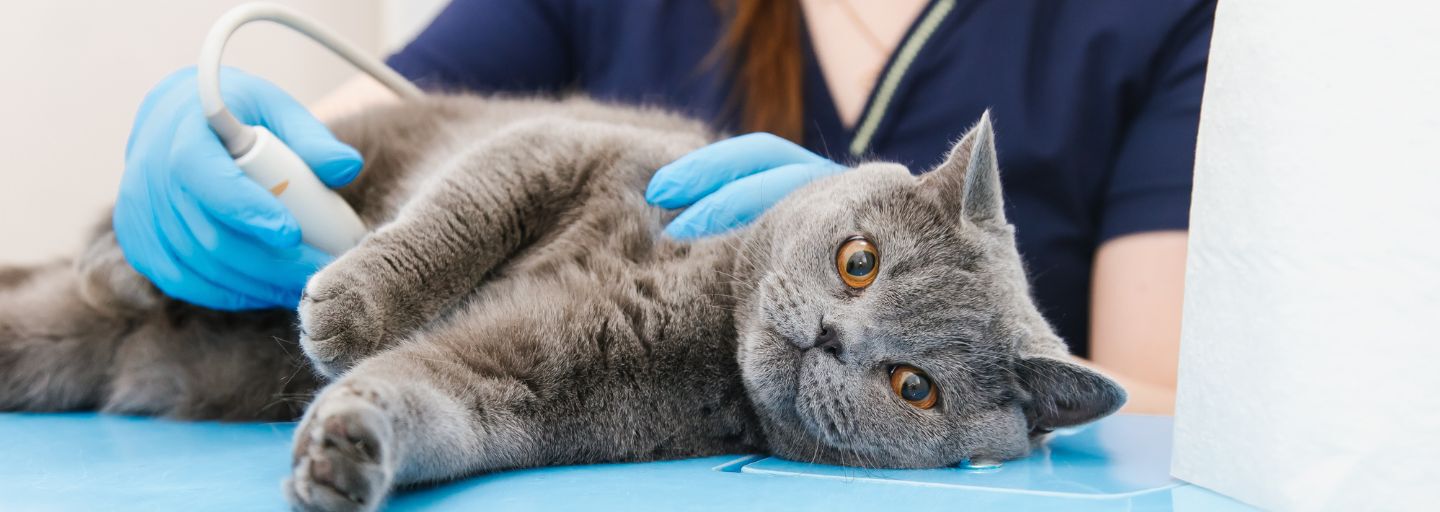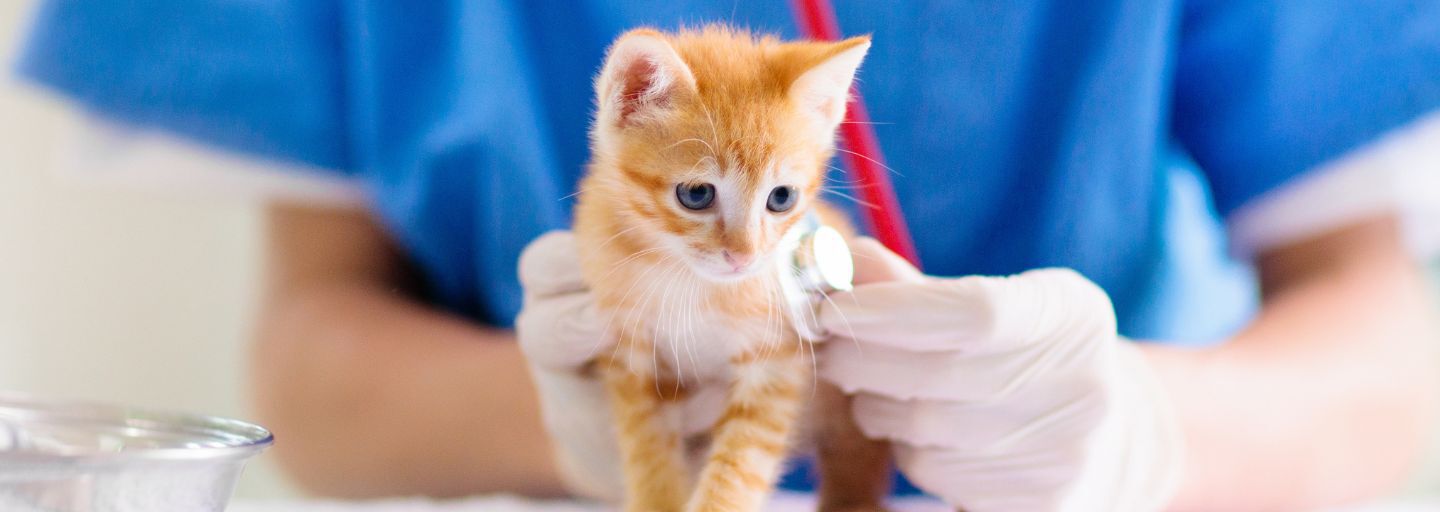As a cat owner, it's essential to be aware of the potential health issues that can affect our feline companions. One such condition that commonly affects cats, especially as they age, is kidney disease. Understanding the causes, symptoms, and treatment options for kidney disease in cats can help you provide the best care for your beloved pet.
What is Kidney Disease in Cats?
Kidney disease, also known as renal disease, is a common condition that affects the kidneys' ability to function properly. The kidneys play a vital role in filtering waste products, regulating fluid balance, and maintaining overall health in cats. When kidney disease occurs, the kidneys become less efficient at performing these essential functions.
In a healthy cat, the kidneys filter waste products from the blood, which are then excreted as urine. They also help regulate electrolyte balance, blood pressure, and the production of certain hormones. However, when kidney disease develops, the kidneys may lose their ability to filter waste effectively, leading to a buildup of toxins in the bloodstream.
There are two main types of kidney disease in cats:
- Acute Kidney Disease: Acute kidney disease occurs suddenly and is often caused by factors such as infections, toxins, or urinary blockages. This type of kidney disease can be reversible if diagnosed and treated promptly. However, if left untreated, it can progress to chronic kidney disease.
- Chronic Kidney Disease: Chronic kidney disease is a progressive condition that develops over time. It is more common in older cats but can occur at any age. Chronic kidney disease is typically irreversible, and the goal of treatment is to slow down its progression and manage the symptoms to improve the cat's quality of life.
Both acute and chronic kidney disease can have various underlying causes. Identifying the specific cause of kidney disease in a cat can help guide treatment and management strategies.
Causes of Kidney Disease in Cats
There can be several causes of kidney disease in cats, including:
- Age: Older cats are more prone to developing kidney disease. As cats age, the kidneys may naturally undergo changes that can impair their function over time.
- Genetics: Certain breeds, such as Persians and Siamese cats, may have a higher predisposition to kidney disease due to genetic factors.
- Infections: Bacterial or viral infections can damage the kidneys and lead to kidney disease if left untreated.
- Urinary Tract Issues: Conditions like urinary blockages or chronic urinary tract infections can contribute to kidney disease in cats.
- Toxins: Exposure to certain toxins, such as certain medications, can cause kidney damage and lead to kidney disease.
Symptoms of Kidney Disease in Cats
Detecting kidney disease in its early stages can be challenging, as cats are known for hiding signs of illness. However, there are some common symptoms that may indicate the presence of kidney disease, including:
- Increased Thirst and Urination: Cats with kidney disease often drink more water than usual and may urinate more frequently.
- Weight Loss: Unexplained weight loss can be a sign of kidney disease in cats.
- Decreased Appetite: Cats with kidney disease may experience a loss of appetite or show reduced interest in food.
- Vomiting and Diarrhea: Kidney disease can cause gastrointestinal issues, leading to vomiting and diarrhea in affected cats.
- Lethargy and Weakness: Cats with kidney disease may appear lethargic, weak, or less active than usual.
How Vets Diagnose Kidney Disease in Cats
Diagnosing kidney disease in cats requires a comprehensive approach that involves a combination of physical examination, laboratory tests, and diagnostic imaging. Veterinary professionals use these tools to assess kidney function, identify potential underlying causes, and determine the appropriate treatment plan. Here's an overview of how vets diagnose kidney disease in cats:
- Physical Examination: During a physical examination, the veterinarian will assess your cat's overall health, check for any signs of dehydration, palpate the abdomen for abnormalities, and listen to the heart and lungs. They may also inquire about any changes in your cat's behaviour, appetite, or litter box habits.
- Blood Tests: Blood tests are crucial for evaluating kidney function and detecting any abnormalities. The two primary blood tests used to diagnose kidney disease in cats are blood urea nitrogen (BUN) and creatinine levels. Elevated levels of these waste products in the blood can indicate reduced kidney function. Additional blood tests, such as a complete blood count (CBC) and electrolyte panel, may also be performed to assess overall health and identify any underlying conditions.
- Urinalysis: A urinalysis provides valuable information about kidney function and helps identify any abnormalities in the urine. The veterinarian will collect a urine sample from your cat, which will be analysed for the presence of protein, blood, bacteria, and other substances. Abnormalities in the urine, such as the presence of protein or red blood cells, can indicate kidney disease.
- Diagnostic Imaging: In some cases, diagnostic imaging techniques such as ultrasound may be used to evaluate the structure and size of the kidneys. Ultrasound can help identify any abnormalities, such as kidney stones, cysts, or tumours, which may be contributing to kidney disease.
- Additional Tests: Depending on the specific case, additional tests may be recommended to further investigate the underlying cause of kidney disease. These tests may include urine culture to identify any bacterial infections, blood pressure measurement, or specialized tests to assess for specific diseases or conditions that can affect kidney function.
It's important to note that diagnosing kidney disease in cats can be challenging, especially in the early stages when symptoms may be subtle. Regular veterinary check-ups and routine blood and urine tests are crucial for early detection and intervention.
Once a diagnosis of kidney disease is confirmed, the veterinarian will discuss the findings with you and develop an appropriate treatment plan. The treatment plan may include dietary modifications, fluid therapy, medications, and regular monitoring to manage the symptoms and slow down the progression of the disease.
Treatment Options for Kidney Disease in Cats
While kidney disease in cats is not curable, early detection and appropriate management can help slow down its progression and improve the quality of life for affected cats. Treatment options may include:
- Diet Modification: A specialized diet that is low in protein, phosphorus, and sodium can help reduce the workload on the kidneys and manage the symptoms of kidney disease. Consult with your veterinarian to determine the most suitable diet for your cat's specific needs.
- Fluid Therapy: Administering fluids subcutaneously (under the skin) can help maintain hydration and support kidney function in cats with kidney disease.
- Medications: Your veterinarian may prescribe medications to manage symptoms, control blood pressure, or address specific complications associated with kidney disease.
- Regular Monitoring: Routine check-ups and blood tests are crucial for monitoring kidney function and adjusting the treatment plan as needed.
Prevention and Care
While kidney disease cannot always be prevented, there are steps you can take to promote kidney health in your cat:
- Hydration: Ensure your cat has access to fresh water at all times to encourage proper hydration.
- Balanced Diet: Feed your cat a high-quality, balanced diet that supports kidney health. Consult with your veterinarian for dietary recommendations.
- Regular Veterinary Visits: Regular check-ups and preventive care can help detect kidney disease in its early stages and allow for timely intervention.
- Minimise Toxin Exposure: Keep your cat away from potential toxins, such as certain plants, chemicals, and medications that can harm the kidneys.
Kidney disease is a common condition that affects cats, particularly as they age. Understanding the causes, symptoms, and treatment options for kidney disease can help you provide the best possible care for your feline companion. By being vigilant, seeking veterinary care when needed, and implementing preventive measures, you can help promote kidney health and ensure a better quality of life for your cat.







